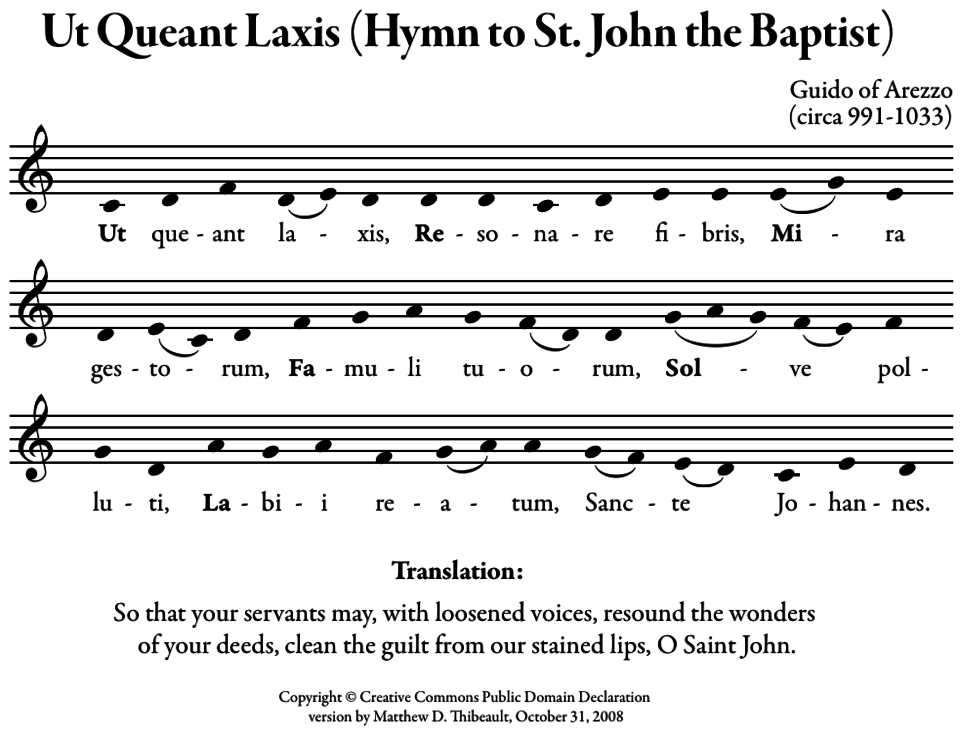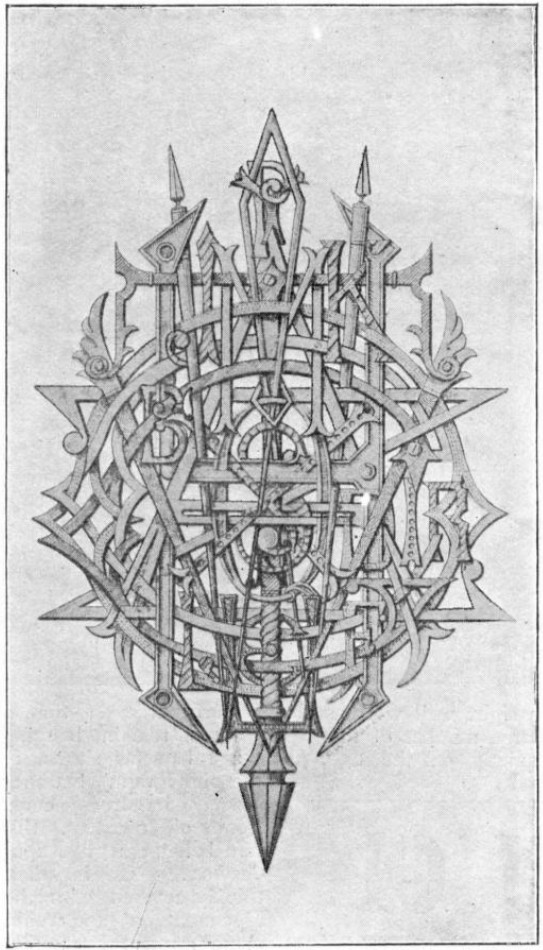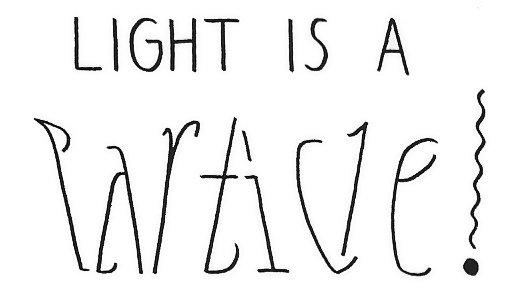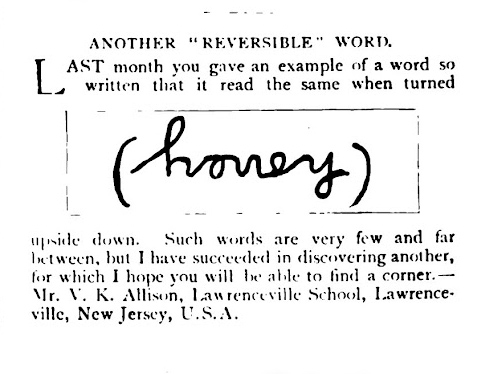Another exercise in linguistic purism: In his 1989 essay “Uncleftish Beholding,” Poul Anderson tries to explain atomic theory using Germanic words almost exclusively, coining terms of his own as needed:
The firststuffs have their being as motes called unclefts. These are mightly small; one seedweight of waterstuff holds a tale of them like unto two followed by twenty-two naughts. Most unclefts link together to make what are called bulkbits. Thus, the waterstuff bulkbit bestands of two waterstuff unclefts, the sourstuff bulkbit of two sourstuff unclefts, and so on. (Some kinds, such as sunstuff, keep alone; others, such as iron, cling together in ices when in the fast standing; and there are yet more yokeways.) When unlike clefts link in a bulkbit, they make bindings. Thus, water is a binding of two waterstuff unclefts with one sourstuff uncleft, while a bulkbit of one of the forestuffs making up flesh may have a thousand thousand or more unclefts of these two firststuffs together with coalstuff and chokestuff.
Reader Justin Hilyard, who let me know about this, adds, “This sort of not-quite-conlang is still indulged in now and then today; it’s often known as ‘Anglish’, after a coining by British humorist Paul Jennings in 1966, in a three-part series in Punch magazine celebrating the 900th anniversary of the Norman conquest. He also wrote some passages directly inspired by William Barnes in that same Germanic-only style.”
Somewhat related: In 1936 Buckminster Fuller explained Einstein’s theory of relativity in a 264-word telegram.
(Thanks, Justin.)





